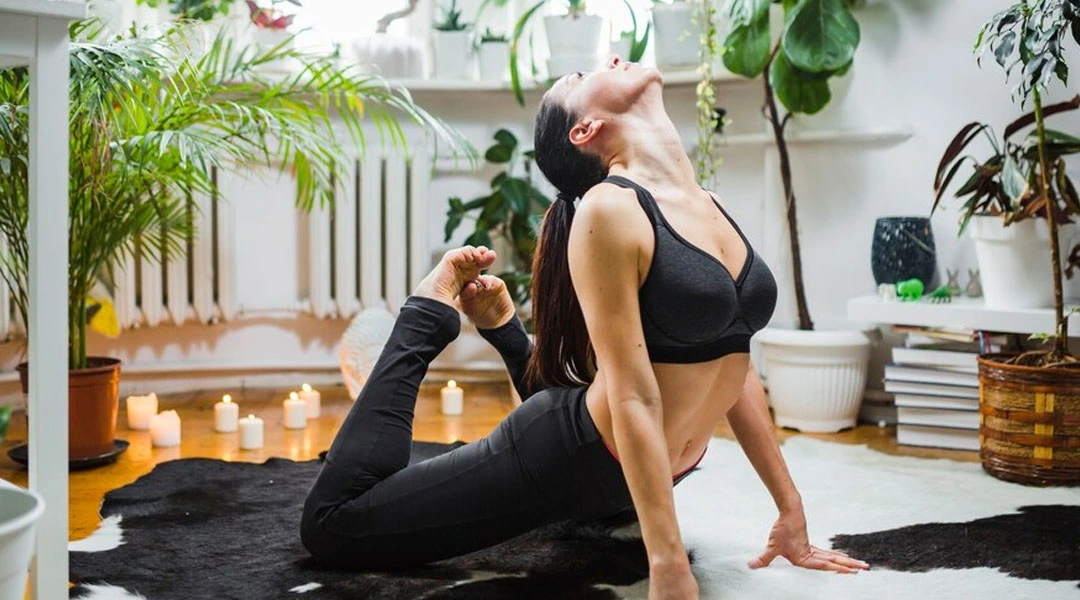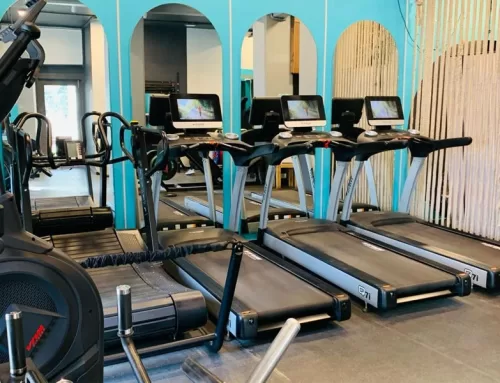Yoga is a type of contemplative movement that incorporates mindfulness, concentration, and exercise. Although the practice dates back over 3,000 years and is based on Indian philosophy, there are numerous schools or sub-categories of yoga. Different poses or exercises, breathing methods, and meditation techniques are emphasised in each version.
Yash Birla, the fitness icon, explains that yoga has numerous health benefits, including less stress, better mental and emotional well-being, pain alleviation from some forms of discomfort, weight loss, and better sleep. The connection between yoga and restful sleep is the main topic of this article. It also explains how yoga can improve your sleep quality
- Does Yoga Help You Sleep?
More than 85% of yoga practitioners report less stress and more than 55% report better sleep. Yoga has been shown in numerous studies to improve sleep for a group of people. As more sleep is not always correlated with better sleep and overall well-being, these studies typically place more emphasis on the quality of sleep than the quantity of it. While each sleeper has their own idea of quality sleep, most agree that it involves feeling rested and unbothered the next day.
- Who Sleeps Better With Yoga?
Yoga has been shown to provide advantages for people of all ages and to improve sleep. Everyone, from young children to the elderly, can benefit from yoga’s many excellent health and sleep advantages.
Children with autism spectrum disorder, for instance, typically experience sleep problems. Yoga as a behaviour intervention can improve mental health and reduce stress in children with ASD, which can improve sleep disorders. Additionally, it can benefit parents, and as a result, the health of the entire family.
Adult women in particular frequently have greater trouble falling asleep than males do. Studies show that yoga has health benefits for a variety of female subpopulations. For instance, pregnant women who practise yoga had fewer sleep problems and less anxiety and depression throughout pregnancy. Menopausal yoga practitioners report similar outcomes, such as improved sleep and decreased anxiety and hopelessness.
Sleep problems are very frequently reported in elderly populations. These issues, which can have an impact on a person’s general quality of life, include snoring, sleeplessness, and restless leg syndrome (RLS). According to a preliminary study, seniors who practise yoga consistently report better sleep and a higher quality of life in general.
How Often Do You Need to Practice Yoga to Improve Sleep?
Regular yoga practice will almost always improve the quality of your sleep. However, consistent, long-term users report higher-quality sleep.
Make a timetable for your yoga sessions if you want to use it as a tool to help you sleep better. This could be scheduling regular attendance at lessons, allocating a specific time of day to practise at home, or a mix of the two.
How yoga can improve your sleep quality
There are many ways in how yoga can help improve your sleep quality:
- Mindfulness. This is a practice of judgment-free mindfulness in the present moment. Many different styles of yoga often include mindfulness exercises. Adults who practise mindfulness had lower melatonin levels and fewer sleep problems at night. Yash Birla practices mindfulness regularly to relieve the stress and experience sound sleep.
- Breathing awareness and regulation. These are also elements of yoga. Deep breathing is a relaxation technique that can induce sleep.
- Regular exercise. An essential element of good sleep hygiene is regular physical movement. A few times a week of light exercise can enhance overall sleep quality, says Yash Birla.
- Weight loss. Although for some yoga practitioners, it may not be their main objective, decreasing weight might improve sleep. Weight loss can decrease or even cure a number of sleep issues, including sleep apnea.
Regular yoga practice can have a good effect on specific sleep disorders.
- Yoga and Insomnia
The inability to fall or stay asleep is known as insomnia. Numerous long-term repercussions of insomnia include daytime tiredness and impairment, memory loss, and mood swings. Studies have shown that yoga is effective in treating sleep disorders like insomnia. Particular populations of insomniacs, such as postmenopausal women and breast cancer survivors, can benefit particularly from yoga.
- Yoga and Restless Leg Syndrome (RLS)
RLS is an urge to move the legs that is frequently uncomfortable or even painful. This temptation often strikes at times of inactivity, such as at night. More women than men experience RLS.
Eight weeks of yoga courses dramatically reduced RLS symptoms in women who participated in pilot research. There was also a significant improvement in mood, stress, and sleep. Although more research is required, these findings imply that yoga can help RLS sufferers sleep better.








Leave A Comment